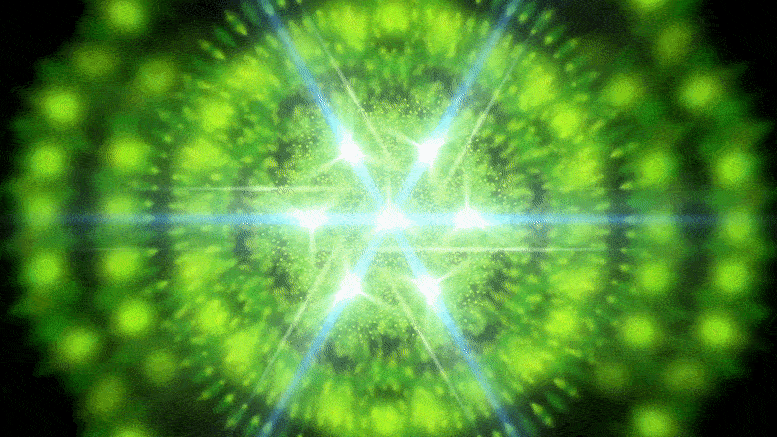
Wetenschappers van Tohoku University ontdekten dat boorzuur de vorming van langwerpige peptiden katalyseert onder zowel neutrale als zure omstandigheden, wat in tegenspraak is met eerdere theorieën dat alkalische omstandigheden ideaal waren. De ontdekking van overvloedige boorbevattende mineralen in oude aardrotsen ondersteunt verder het potentieel van boorrijke neutrale omgevingen voor prebiotische aardeiwitsynthese.
Het ontrafelen van het mysterie rond de eerste verschijning van katalytische organische polymeren op prebiotische aarde zal sleutelconcepten ontsluiten in de oorsprong van het leven.
Onderzoekers van Tohoku University hebben onlangs een mogelijke omgeving ontdekt waarin de vorming van katalytische organische polymeren kan plaatsvinden. Om deze ontdekking te doen, verdampten ze oplossingen[{” attribute=””>amino acids that contained boric acid and found that boric acid fosters the creation of polypeptides in both neutral and acidic environments. The longest peptides formed in the experiments were 39 monomer-long glycine polypeptides under a neutral condition.
Previous studies have suggested that highly alkaline evaporative environments served as the place for ancient protein synthesis, yielding up to 20 monomer-long glycine peptides. Neutral conditions were thought to be the worst-case in regards to peptide synthesis.

An ancient coastal area rich in boron could catalyze the polymerization of amino acids. Credit: Yoshihiro Furukawa
Boron-containing minerals have been discovered abundantly in some of the oldest sedimentary-origin rocks found on earth, dating back 3.8 billions-years. These findings suggest that coastal areas of ancient small continents and islands rich in boric acid spontaneously assembled amino acids, forming polypeptides and proto-proteins.
“The formation of polypeptides in neutral environments have important meanings in the chemical evolution of the origin of life,” says lead author Yoshihiro Furukawa, an associate professor at Tohoku University.
Whilst RNAs are rather stable under neutral conditions, they are extremely unstable under alkaline conditions. Boron has been known to help many steps in abiotic ribonucleotide synthesis.
“Boron-rich neutral evaporative environments serve as an ideal place for the formations and interactions between the two essential polymers on prebiotic Earth,” Furukawa says.
This research group is now investigating which amino acids are incorporated in the proto-peptides in this environment.
Reference: “Boron-assisted abiotic polypeptide synthesis” by Yuki Sumie, Keiichiro Sato, Takeshi Kakegawa and Yoshihiro Furukawa, 11 May 2023, Communications Chemistry.
DOI: 10.1038/s42004-023-00885-7

“Bierliefhebber. Toegewijde popcultuurgeleerde. Koffieninja. Boze zombiefan. Organisator.”






More Stories
Een versteend wezen zou een raadselachtige tekening op een rotswand kunnen verklaren
Het ozongat in Antarctica is zich aan het herstellen en zal naar verwachting in 2066 volledig hersteld zijn
SpaceX lanceert de Galileo-satellieten van de Europese Commissie op een Falcon 9-raket vanuit Cape Canaveral – SpaceflightNow